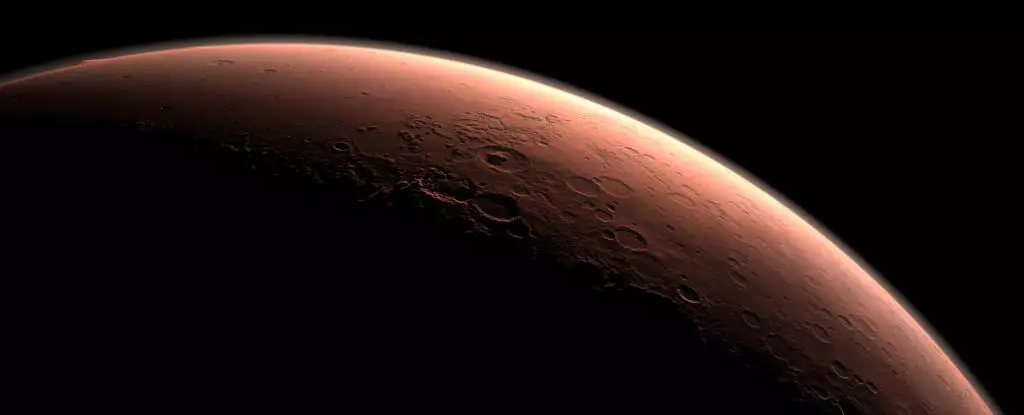NASA has launched an ambitious program to simulate life on Mars by selecting four individuals to embark on a year-long mission in a habitat called Mars Dune Alpha. This program, known as the Crew Health and Performance Exploration Analog (CHAPEA), aims to replicate the challenges of living on the red planet, including limited resources, environmental stressors, and equipment failures. The selected crew will conduct simulated spacewalks and provide valuable data on various factors related to physical and behavioral health and performance.
According to CHAPEA principal investigator Grace Douglas, the analog environment of Mars Dune Alpha provides a level of realism that cannot be achieved on the International Space Station. This simulation allows NASA to gather a larger sample size and obtain vital data for future crewed missions to the Moon and Mars. Douglas emphasizes the importance of this simulation in preparing astronauts for the challenges they may face during long-duration space missions.
Joining the Mars simulation program is no easy task, as NASA has set strict eligibility requirements for potential crew members. Candidates must be US citizens or permanent residents aged between 30-55, in excellent health, non-smokers with no criminal record, and hold at least a master’s level of STEM qualifications. Additionally, applicants must have a minimum of one thousand hours as an aircraft pilot or have completed military officer training. The selection process includes questions on topics such as diets, gut health, isolation, and claustrophobia, as well as expectations for the experience.
The first of the three planned CHAPEA missions began on 25 June 2023, with the four crew members living in isolation within the Mars Dune Alpha habitat at NASA’s Johnson Space Center in Houston. Despite the challenges of growing crops and facing the psychological effects of confinement, the crew has successfully completed many tasks. Medical officer Nate Jones reflects on the mission, noting the mix Mars Missions of emotions as the halfway mark approaches. Jones expresses the bittersweet feeling of time flying by quickly while anticipating reuniting with family and friends.
For those aspiring to join future Mars simulation missions, the online application deadline is Tuesday 2 April 2024. Candidates are encouraged to prepare thoroughly and demonstrate their qualifications, experiences, and readiness for the challenges of life on Mars. The selection process will take up to 14 months, with NASA carefully evaluating each applicant’s suitability for the mission. Good luck to all applicants who dream of embarking on this extraordinary journey of discovery and exploration.
The Mars simulation program offers a unique opportunity for individuals with a passion for space exploration to test their skills and resilience in a challenging environment. Mars Missions By participating in the CHAPEA missions, astronauts-to-be can gain valuable insights into the physical, mental, and emotional demands of long-duration space travel. As NASA continues to push the boundaries of human exploration, these simulated missions play a crucial role in preparing for the future of space exploration beyond Earth’s orbit.


Leave a Reply